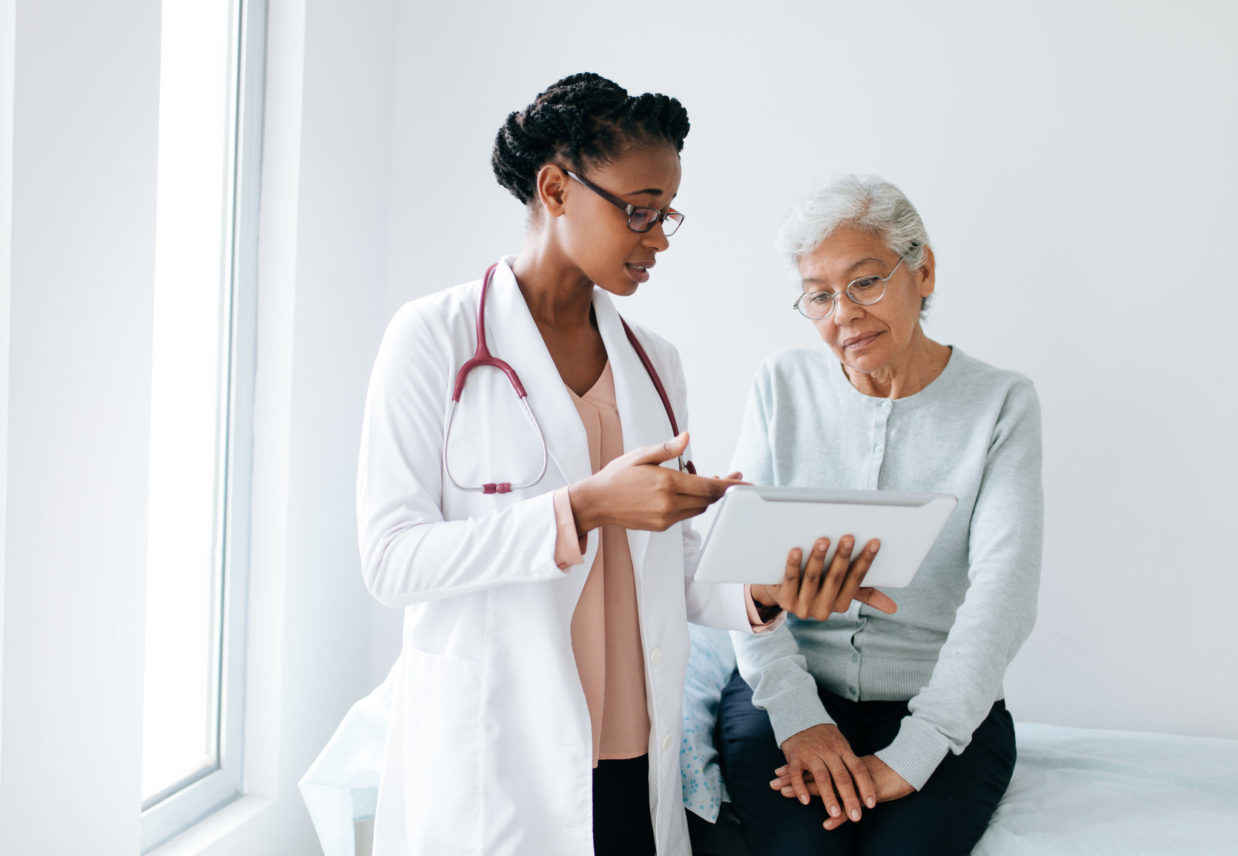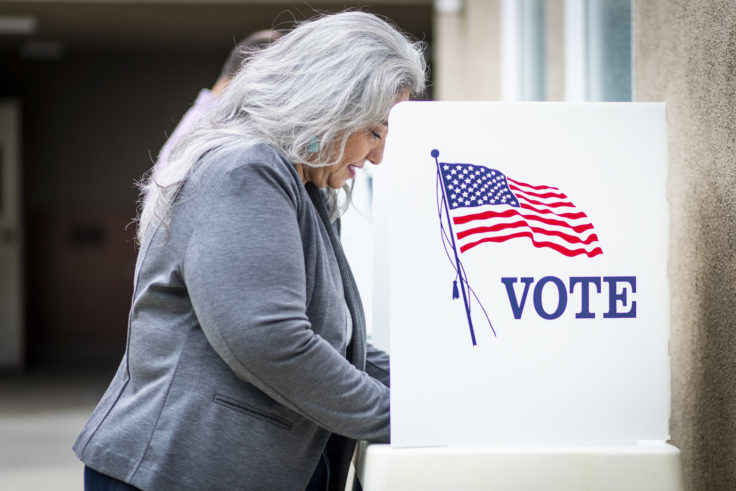Medicaid
For many low-income Americans, Medicaid provides much-needed access to health care. A joint federal-state program, Medicaid is administered at the state level. Medicaid provides health coverage to more than 11 million non-elderly, non-disabled adults, some 8.8 million individuals with disabilities, and covers 40 percent of all births in the United States.

Resources

Legal and Health Care Repercussions of the End of the National Public Health Emergency

Unwinding the Medicaid Continuous Coverage Provision: Risks to People with Disabilities and Limited English Proficiency

Medicaid’s Early and Periodic Screening, Diagnostic and Treatment Benefit: A Powerful Tool to Improve Child Health

Immigrant Health: The Role and Impact of Medicaid, HIPAA, and the Public Charge Doctrine

The Potential Impacts of the Midterm Elections on Public Health

Addressing Socioeconomic Barriers to Health Equity Through Law: A Preview of the 2018 Public Health Law Conference

Medicaid and Work Requirements: Has Kentucky Gone Too Far?
Spotlight

What States Can Do to Fill the Gap in Health Care Access for Immigrant Communities

New Regulations Take on the Long-Standing Problem of Access to Services in Medicaid Programs

The End of the Public Health Emergency: Can the ADA Mitigate Risks to People with Disabilities?
Learn More
A Closer Look at Medicaid
Medicaid provides free or low-cost health coverage to millions of Americans, including some low-income people, families and children, pregnant women, the elderly, and people with disabilities. These funds can be used for a range of health services, including hospital and home care services, childhood screenings and immunizations, as well as certain services provided by school nurses.
The federal government sets Medicaid guidelines and provides a portion of the funding for the program. States administer Medicaid, and programs vary from state to state. The Affordable Care Act (ACA) allowed states to expand Medicaid eligibility to adults and children with incomes at or below 138% of the federal poverty level. To date, 37 states including the District of Columbia have adopted Medicaid expansion.
Through Medicaid waivers, many states are able to customize their own Medicaid-funded programs that don’t follow federal requirements. Some states have used waivers to address the social determinants of health through managed care organizations.
A number of states used Medicaid waivers to implement work requirements which require enrollees to work a certain number of hours per week or month in order to receive benefits. Many public health proponents believe these work requirements limit eligibility and coverage, creating barriers in access to health care.
How we can help
Legal Research and Assistance
Experienced legal experts are available to answer questions and provide research, analysis and guidance. Tell us what you’re working on. We’re ready to help.


